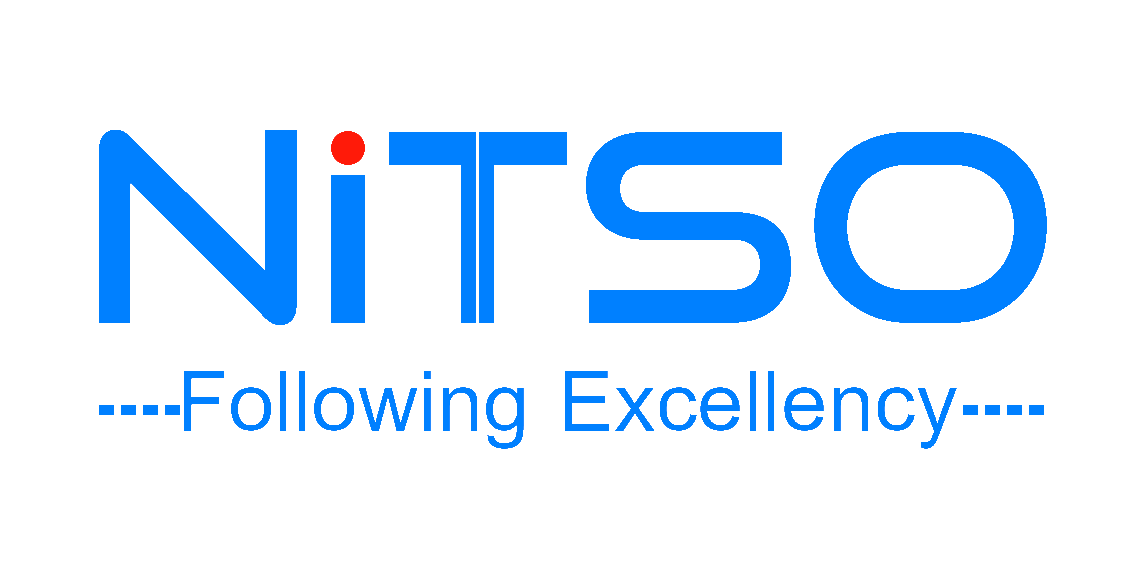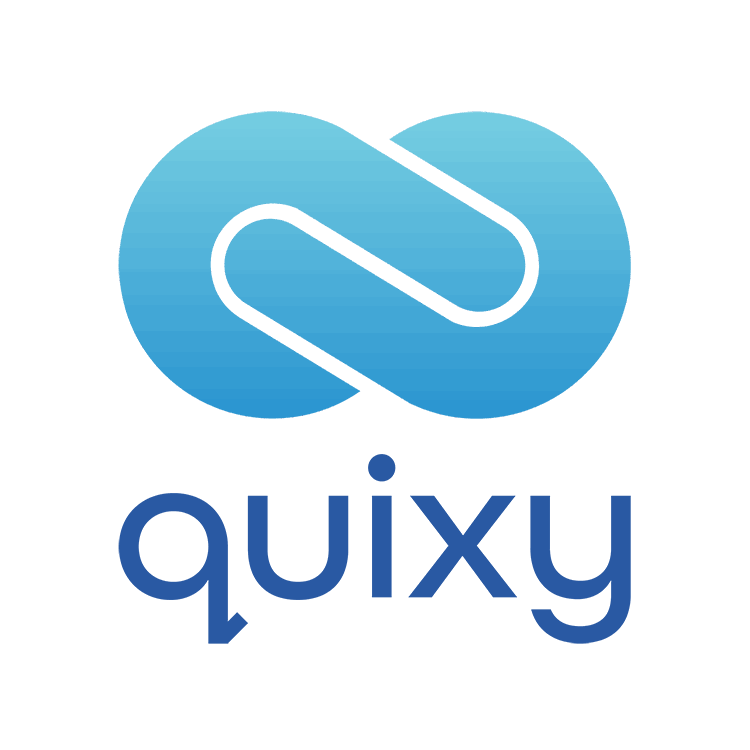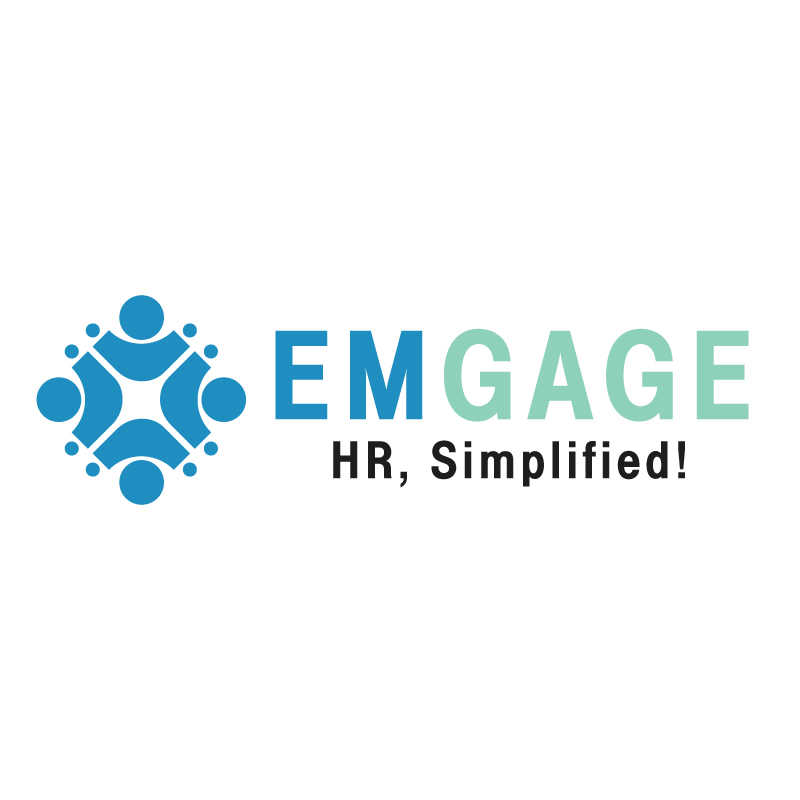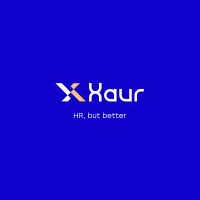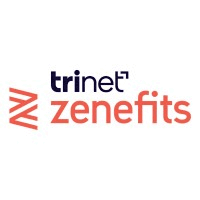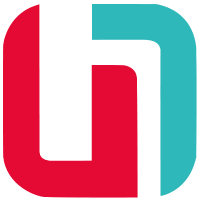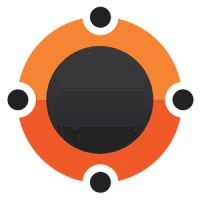What Is Small Business HR Software?
Small business HR software is a digital solution that simplifies and automates human resources activities and processes for small enterprises. These software solutions are designed exclusively for enterprises with less than 100 employees, making them an excellent alternative for startups and small businesses. Small business HR software, which focuses on efficiency and cost-effectiveness, assists organizations in better managing their personnel by improving recruitment, onboarding, employee monitoring, payroll, benefits administration, and other processes.
One of the primary benefits of small business HR software is its ability to consolidate all HR-related information and data, hence removing the need for manual, paper-based procedures. This not only saves time and effort for HR experts, but it also decreases the possibility of human error and increases data accuracy. Furthermore, these software solutions include configurable capabilities to meet the specific demands of each firm, providing for increased flexibility and scalability as the company grows.
Small business HR software often includes a user-friendly interface and straightforward functions that require little to no technical knowledge, allowing small business owners to manage their HR activities autonomously. Some software alternatives even include mobile functionality, which allows HR activities to be accomplished on the go. Investing in small business HR software can provide various benefits to your firm, including increased productivity, better compliance, higher employee satisfaction, and lower expenses.
It also enables HR experts to concentrate on more strategic activities rather than tedious administrative responsibilities. When looking for small business HR software, it is critical to assess your company's needs and select a system that has features and capabilities that meet those demands. It is also critical to examine price and customer service choices to choose the greatest fit for your budget and support requirements. With the proper small business HR software, you can streamline your HR procedures and propel your company to the next level.
What Are The Recent Trends In Small Business HR Software?
In recent years, HR software for small businesses has grown in popularity due to its capacity to streamline and automate many HR functions, making it easier for firms to manage their staff and operations. Small business HR software trends evolve in lockstep with technological advancements.
Some of the latest trends in this category include:
1. Cloud-Based Solutions: Because of its low cost and flexibility, cloud-based HR software is becoming increasingly popular among small organizations. It enables businesses to access their HR data from anywhere and at any time, making it easier to manage remote teams and employees.
2. Mobile Compatibility: As mobile devices become more prevalent, small business HR software is being customized for them. This enables employees to access critical HR information and complete duties on the road, making the process more effective and easy.
3. Artificial Intelligence (AI): AI is making an impact on HR software by improving and automating different HR operations including as recruitment, onboarding, and performance management. Small firms can save time and dollars by implementing AI, resulting in a smoother and more accurate HR process.
4. Data Analytics: HR software now includes data analytics, allowing firms to collect and analyze data about their workforce, such as employee engagement, turnover, and performance. This information can help firms make more educated decisions and improve their overall HR strategy.
5. Integration With Other Business Software: Small business HR software is also becoming more integrated with other business software, including as accounting and project management tools. This enables for a smooth flow of data between systems, decreasing the need for manual data entry and enhancing efficiency.
6. Employee Self-Service Portals: Many small business HR software packages now include employee self-service portals, which provide employees with direct access to HR information such as pay stubs, time-off requests, and performance appraisals. This not only saves time for HR experts, but also allows employees to take control of their own HR issues.
Benefits Of Using Small Business HR Software
Small business HR software is a vital tool for small organizations that want to optimize their human resource activities. Small firms can use the correct HR software to automate and manage a variety of HR functions, including employee onboarding and offboarding, performance management, and payroll.
Here are some major advantages of adopting small business HR software that every small business owner should understand.
1. Time And Cost Savings: One of the most significant advantages of adopting small business HR software is the time and cost savings it provides. Small businesses can use HR software to automate several time-consuming operations, like as payroll processing and benefits administration, that would otherwise be done manually. This allows HR professionals to focus on more strategic initiatives while reducing the demand on their time and resources. Furthermore, HR software reduces the requirement for paper-based systems, which lowers the expenses of printing, storing, and retrieving physical data.
2. Improved Efficiency: Small business HR software improves efficiency by streamlining the HR process and removing manual duties. For example, HR software may automate the hiring process, from posting job positions to collecting and screening candidates. This not only saves time, but it also results in a more efficient and standardized hiring process. Similarly, HR software can automate performance reviews, making them more efficient and uniform. HR software boosts overall productivity by removing manual activities, freeing up HR personnel to focus on more critical responsibilities.
3. Increased Data Accuracy: Maintaining correct staff data is critical for small firms. HR software stores all employee data in a safe, centralized database, avoiding the possibility of errors associated with manual data entry. This guarantees that all employee information, including personal details, job history, and performance assessments, is correct and up to date. Accurate data is required not only for day-to-day operations, but also for decision making and compliance.
4. Increased Compliance: Small firms must follow a variety of HR laws and regulations, including minimum wage, overtime, and equal employment opportunity. HR software assists small firms with compliance by automatically calculating salaries and benefits, tracking employee hours, and guaranteeing correct record-keeping. This not only saves time and effort, but it also lowers the likelihood of compliance infractions and the resulting penalties.
5. Employee Self-Service: Many small business HR software packages include employee self-service portals, which enable employees to view and manage their own data. This includes updating personal information, verifying work hours and schedules, requesting time off, and obtaining pay stubs and tax paperwork. Employee self-service portals empower employees while simultaneously reducing the administrative strain on HR personnel.
Important Factors To Consider While Purchasing Small Business HR Software?
Small businesses face distinct human resource management problems. HR software can help streamline and simplify the process. However, with so many options on the market, it might be difficult to choose the best one for your organization.
To assist you with your decision-making process, below are the main elements to consider when selecting small business HR software:
1. Features: The software's features are the most important thing to examine. It should include critical HR functions like employee data administration, attendance and leave tracking, performance management, payroll processing, and so on. Make a list of your precise criteria and confirm that the software meets all of them.
2. Scalability: As a small firm, you may have ambitions to expand in the future. As a result, it is critical to select software that can grow with your organization. Look for a solution that can support a growing staff and provides add-on capabilities that can be added as your HR requirements change.
3. Ease Of Use: HR software should make your job simpler, not harder. Consider how user-friendly the software is - the UI should be intuitive and simple to use. It should also provide training and support to help you and your workers become acquainted with the system.
4. Integration: You may already have other software or solutions in place to handle accounting, attendance, or other HR functions. It is critical to select HR software that works easily with the existing systems. This will save time by removing the need for manual data entry.
5. Price: As a small firm, it is understandable that pricing is a significant consideration. While it may be tempting to choose a lower-cost alternative, consider the long-term benefits and savings that come with investing in comprehensive HR software. Look for a solution that strikes an appropriate balance between price and functionality.
6. Cloud-Based vs. On-Premises: With the rise of cloud-based software, you must decide whether you want an on-premises or cloud-based HR solution. Cloud-based software provides convenient access from anywhere, automatic upgrades, and lower upfront expenditures. On the other hand, on-premises software provides greater control and customization.
7. Data Security: Because HR software handles sensitive employee data, it is critical to verify that appropriate security measures are in place. Look for software that has data encryption, regular backups, and stringent access controls to secure your data from unwanted access or cyber threats.
When choosing small business HR software, consider these crucial considerations to make an informed decision. Always prioritize your business's needs and select a solution that properly addresses them.
What Are The Key Features To Look For In Small Business HR Software?
When it comes to selecting the best HR software for your small business, there are several crucial characteristics to look for. These features will not only assist speed your HR processes, but will also ensure that your company is compliant and runs efficiently.
The following are the key characteristics to consider when selecting small business HR software:
1. Employee Data Management: The program should be able to store and manage all employee data, such as personal information, job history, and performance assessments. This will help keep your staff records organized and accessible.
2. Time And Attendance Tracking: This function allows you to monitor your employees' working hours, breaks, and time off requests. This will not only improve payroll accuracy, but will also provide you with a better insight of your team's productivity and attendance.
3. Onboarding And Offboarding: Look for software that provides a smooth onboarding and offboarding procedure for new and departing employees. This should contain elements like electronic onboarding forms, orientation materials, and automated exit interviews.
4. Performance Management: A decent HR software should have a performance management system that allows you to set goals, track progress, and conduct performance evaluations on your personnel. This will increase employee performance and provide useful insights for career advancement.
5. Benefits And Compensation: The software should be able to manage employee benefits such as health insurance, retirement programs, and paid time off. It should also provide tools for managing payroll and employee remuneration.
6. Compliance And Reporting: Small firms must comply with different employment rules and regulations. Look for HR software that can help you stay compliant by giving appropriate reports and notifications for any concerns.
7. Mobile Accessibility: As remote work becomes more common, it is critical to have HR software that is accessible from mobile devices. This will enable employees to access their information and do HR activities on the road.
8. User-Friendly Interface: The software's interface should be simple to use and understand. This will make it easy for your HR department to use and employees to access their data.
9. Customization And Integration: Because each small business has distinct demands, it's critical to select software that can be tailored to your individual requirements. It should also be able to interact with other tools and systems, like accounting software and application tracking platforms.
10. Customer Assistance: Finally, choose a software provider that provides dependable customer assistance. This will be critical for debugging problems and receiving prompt support as necessary.
Why Do Businesses Need Small Business HR Software?
Small business HR software is a game changer for organizations of all sizes, particularly smaller enterprises that may lack the finances to engage a specialized HR department. This program provides a one-stop shop for handling all HR-related duties and operations, from recruitment and onboarding to performance evaluation and payment.
Let's explore, we'll go over why small businesses need HR software and what important features to look for when selecting the best option for your firm.
1. Streamline HR Processes: Small firms frequently struggle to manage many HR activities manually, such as monitoring employee data, administering benefits, and processing payrolls. This can be time-consuming, error-prone, and eat up valuable time that could be spent on other critical company processes. HR software automates these operations, allowing HR practitioners to focus on strategic projects.
2. Improve Hiring And Onboarding: Recruiting and onboarding can be difficult and time-consuming processes, particularly for small organizations with limited resources. HR software makes these activities easier by allowing users to publish job positions, track applications, and optimize the onboarding process with customizable processes, electronic signatures, and online document storage.
3. Ensure Compliance: Small firms must follow federal and state standards governing hiring, employee classification, and benefits. Keeping up with these standards manually might be difficult due to the continuously changing laws. HR software includes resources for being compliant, such as automatic updates to tax and labor legislation, built-in compliance checklists, and customizable HR reports.
4. Centralize Personnel Data: Managing employee data, including personal information, job history, and performance assessments, can be difficult for small businesses. HR software consolidates all of this information in a single safe area, making it easily accessible and removing the need for several spreadsheets or paper records. This also aids with analytics and reporting, providing information on staff trends and prospective areas for improvement.
5. Increase Employee Involvement: Engaged employees are more productive and contribute to a great workplace culture. HR software includes tools for recognizing and rewarding staff, conducting surveys and evaluations, and fostering open communication. This can help to build a sense of community and increase employee happiness.
How Much Time Is Required To Implement Small Business HR Software?
Implementing HR software for your small business can be time-consuming, but the benefits of increased efficiency and organization make it well worth the effort. The time necessary for installation varies depending on a number of factors, including the size of your workforce, the complexity of your HR operations, and the features and customization possibilities of the software you choose.
Implementing small business HR software might take anywhere from a few weeks to a few months. The first stage in the implementation process is to determine your HR requirements and select the appropriate software solution. This could include researching various possibilities, attending demos, and speaking with HR professionals. Once you've decided on a software, the actual implementation process begins.
The next step is data migration, which entails moving all of your employee information from existing systems or spreadsheets to the new platform. This may take some time, particularly if your data is large or needs to be cleaned up before being imported. However, many HR software companies provide data migration services to help make the process easier and more efficient.
After importing the data, the software must be set and modified to meet your company's specific needs. This may include developing employee profiles, custom fields, and workflows. The time necessary for this stage will vary depending on the complexity of your HR operations and the level of customization you require. Once the software is installed, the next critical step is to train your HR team and other key personnel on how to use it properly.
This can be a time-consuming procedure, but it is necessary to guarantee that all team members are comfortable with the software and can fully utilize its features. Overall, the time necessary to implement small business HR software ranges from a few weeks to a few months, depending on your individual requirements and the sophistication of the program you choose.
It is critical to set aside appropriate time and resources for implementation to enable a smooth transition and successful software adoption by your team. Implementing HR software can tremendously help your small business in the long run, especially with adequate planning and support from your software provider.
What Is The Level Of Customization Available In Small Business HR Software?
When it comes to small business HR software, one critical consideration is the level of customisation offered. This refers to the capacity to customize the program to match your company's specific requirements and preferences. The level of customization varies widely between different HR software solutions, so it's critical to know what's available before making a purchase.
Some small business HR software alternatives provide a straightforward, one-size-fits-all approach with few customization options. This may work for firms with basic HR needs, but it may not be appropriate for those with more complicated requirements. On the other hand, some software alternatives provide a great level of customisation, allowing organizations to modify the program to their exact requirements.
One typical characteristic of HR software customization is the flexibility to add and delete functionality. For example, if your firm does not require a specific function, you may be able to disable it or delete it totally from the software. This can help to simplify the software and make it more user-friendly for your specific requirements. Another key component of customisation is the ability to create various roles and permissions for users within the software.
For example, you may want to restrict access to particular HR operations to specific staff members. This is especially beneficial for securing sensitive employee information. Additionally, some small business HR software alternatives allow you to personalize workflows and processes. This may include automating certain duties or developing specialized protocols for employee onboarding, performance reviews, and other HR processes.
This can save you time and increase the efficiency of your firm. It's also worth mentioning that certain HR software solutions can combine with other tools and software that your company may already be utilizing. This can improve customisation possibilities and streamline operations for your company.
Which Industries Can Benefit The Most From Small Business HR Software?
Small business HR software can be a great tool for organizations of all sizes, but it is especially useful in some industries.
The following industries can gain the most from deploying small business HR software:
1. Retail: In the fast-paced and ever-changing world of retail, human resource management is vital to ensuring smooth operations and contented personnel. Small business HR software may expedite recruitment and onboarding processes, track employee performance and shift scheduling, and manage payroll and benefits, making it a crucial tool for retail enterprises.
2. Healthcare: The healthcare industry is highly regulated, requiring rigorous adherence to labor rules and regulations. Small business HR software can assist healthcare organizations in maintaining compliance by automating record-keeping, tracking certificates and licenses, and managing employee schedules to guarantee proper staffing levels.
3. Professional Services: Small organizations in the legal, accounting, consulting, and marketing industries can tremendously benefit from employing human resources software. These businesses frequently have a large number of employees and contractors, thus it is critical to have a simplified system for managing personnel data, contracts, and compensation.
4. Hospitality: Because the hospitality industry relies heavily on its employees, good human resource management is critical. Small business HR software may assist with hiring and training new employees, managing employee schedules, and tracking performance and guest feedback, all of which are essential for providing high-quality service and customer satisfaction.
5. Technology: As the technology industry expands, small businesses in this area confront new HR issues, such as managing remote or worldwide teams and attracting and maintaining top people. HR software can help with these responsibilities by providing features like virtual onboarding, performance appraisal tools, and employee engagement surveys.
Conclusion
Finally, selecting the appropriate HR software for your small business is critical to its success and growth. There are numerous aspects to consider while making this selection, including your budget, business size, and special HR requirements. It is critical to research and thoroughly assess various HR software choices, taking into account your individual needs and priorities.
Look for software that has a simple interface, flexible functionality, and integrations with other useful products. Additionally, it is advised that you select software that provides continuing customer support and training, as this can considerably improve your experience and help a smoother deployment process. After researching and assessing several HR software systems, include your staff in the decision-making process.
It is critical to solicit their views and ideas, as they will be the ones using the program on a regular basis. Investing in great HR software can result in enhanced efficiency, employee happiness, and overall business success. So, take the time to properly consider your options and make an informed selection. With the proper HR software in place, you can streamline your HR operations and focus on what's most important: expanding your small business.



